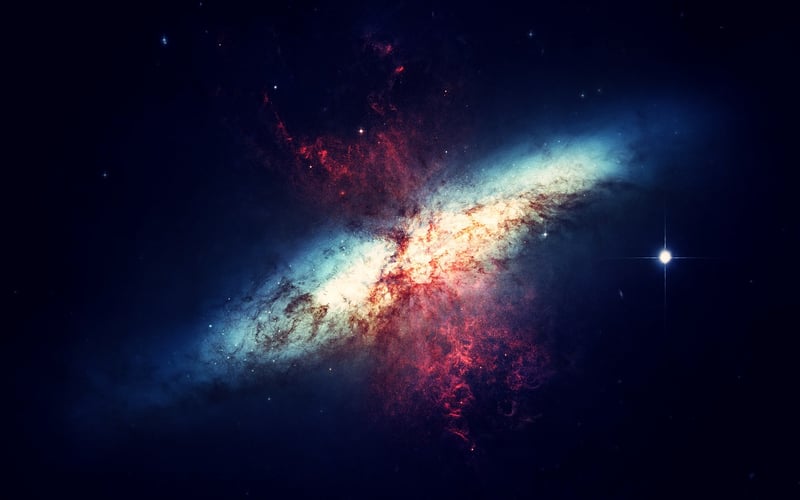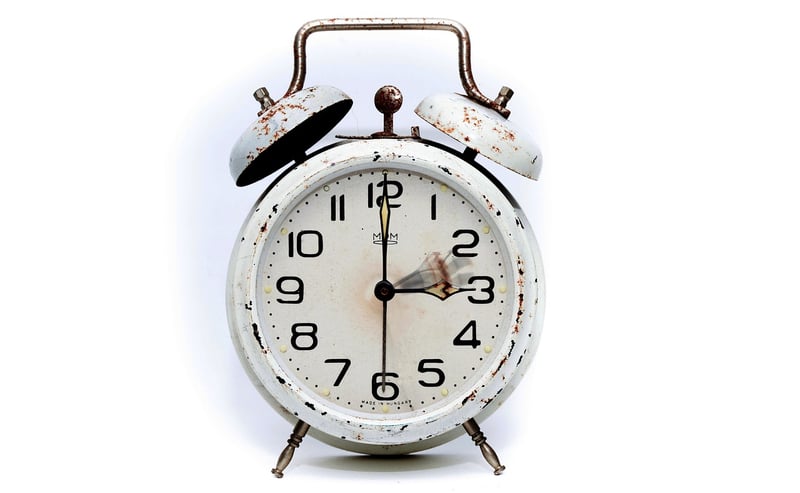Temporal Paradoxes
The Fascinating World of Parallel Worlds and Temporal Paradoxes
Have you ever wondered what it would be like to navigate through parallel worlds and encounter temporal paradoxes? The concept of parallel universes has long been a popular theme in science fiction, captivating audiences with the idea of multiple realities existing simultaneously. Similarly, temporal paradoxes, where the past, present, and future intertwine in unexpected ways, have intrigued both scientists and storytellers alike.
Parallel Worlds
Imagine a world where every decision you make creates a new reality, branching off into different timelines. This is the essence of parallel worlds theory, also known as the multiverse hypothesis. According to this theory, there could be an infinite number of universes, each with its own set of possibilities and outcomes.
In popular culture, parallel worlds are often depicted as alternate dimensions that mirror our own but with subtle or significant differences. Characters may find themselves crossing over to these parallel worlds through portals, wormholes, or other means, leading to exciting adventures and unexpected encounters.
Types of Parallel Worlds:
- Mirror Universes: Universes that closely resemble our own but with minor variations.
- Divergent Timelines: Universes where historical events took a different course, leading to vastly different outcomes.
- Fantasy Realms: Worlds with magical properties and fantastical elements that defy the laws of physics.

Temporal Paradoxes
Temporal paradoxes are another mind-bending concept that explores the complexities of time travel and causality. These paradoxes arise when the past, present, and future become interconnected in ways that defy logic and create inconsistencies.
One of the most famous temporal paradoxes is the grandfather paradox, where a time traveler goes back in time and inadvertently prevents their grandparents from meeting, thus erasing their own existence. This paradox raises questions about the possibility of changing the past and the potential consequences of altering established timelines.
Common Temporal Paradoxes:
- Bootstrap Paradox: Information or objects that exist without origin, creating a loop where cause and effect are indistinguishable.
- Predestination Paradox: Events in the past are influenced by actions from the future, leading to a deterministic timeline.
- Ontological Paradox: Objects or information are sent back in time, becoming their own source without a clear origin.

Exploring the realms of parallel worlds and temporal paradoxes sparks the imagination and challenges our understanding of reality and time itself. Whether through literature, film, or scientific inquiry, these concepts continue to intrigue and inspire, inviting us to ponder the mysteries of the universe and our place within it.
